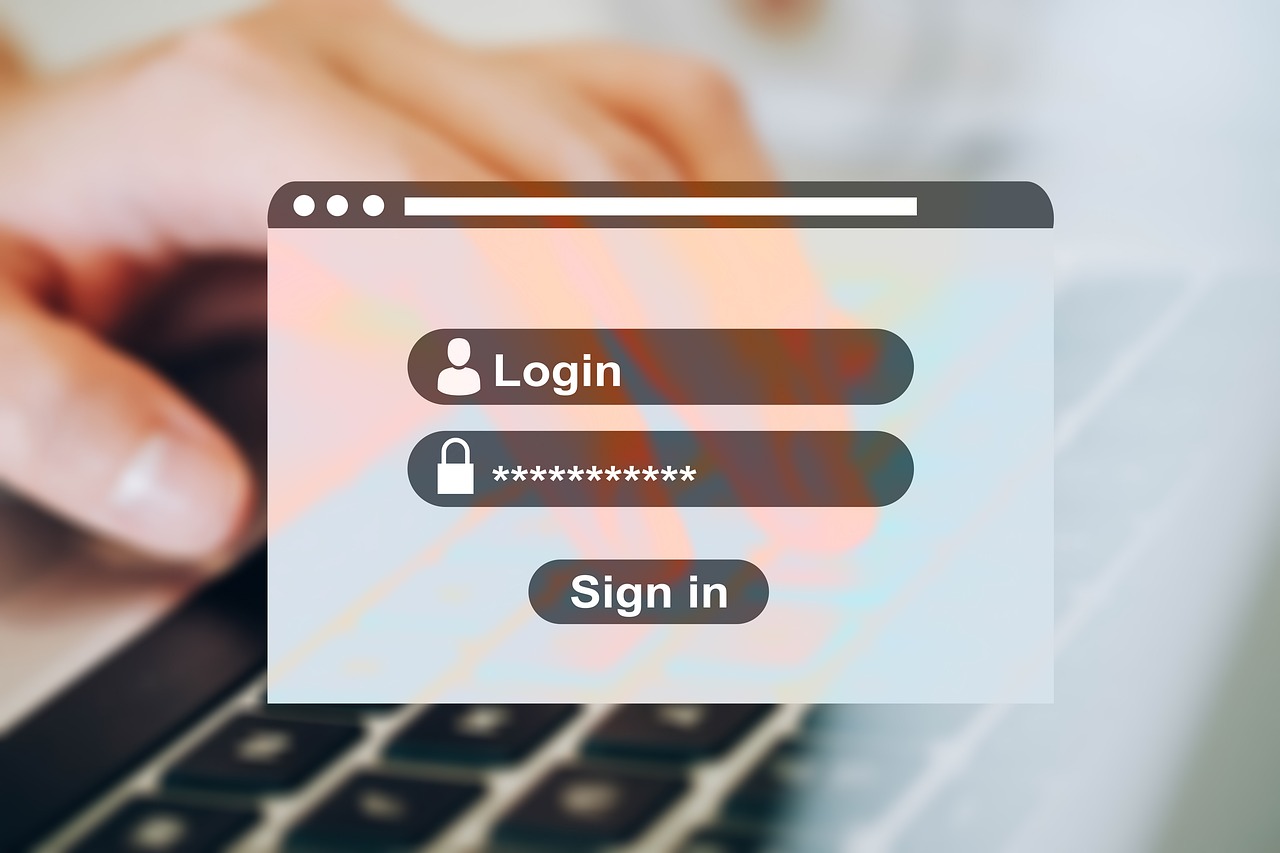In the digital landscape of 2024, personal cybersecurity has transformed from a technical recommendation to an absolute necessity. The modern internet is a battlefield where personal information represents valuable currency, and passwords serve as the primary defensive line protecting our digital identities.
The evolution of cyber threats has been exponential. Traditional password cracking methods have been revolutionized by advanced computational power and sophisticated machine learning algorithms. What once might have taken years of computational effort can now be accomplished in hours or even minutes by state-of-the-art password-breaking techniques.
Modern password attacks leverage multiple sophisticated approaches:
- Dictionary attacks using comprehensive wordlists enhanced by machine learning
- Brute-force techniques accelerated by GPU computing
- Social engineering approaches that gather personal information from public sources
- Credential stuffing using leaked databases from previous security breaches
- Advanced machine learning algorithms that predict password structures
The human element remains the weakest link in cybersecurity. Most individuals continue to use predictable password strategies: repeating passwords across multiple platforms, using easily guessable personal information, and creating passwords based on simple, memorable patterns.
Password managers have emerged as a critical technological solution. These sophisticated platforms not only generate complex, unique passwords for each service but also provide secure encrypted storage. Advanced password managers now incorporate additional security features like dark web monitoring, breach alerts, and multi-factor authentication integration.
Biometric authentication represents another frontier in password security. Fingerprint recognition, facial scanning, and behavioral biometrics are increasingly replacing traditional password systems. These methods offer multiple layers of security that are significantly more challenging to compromise compared to traditional text-based passwords.
The recommended password strategy has evolved beyond simple complexity rules:
- Utilize password managers for generating and storing complex credentials
- Implement unique passwords for each digital service
- Create passwords exceeding 16 characters
- Incorporate randomness through combination of unrelated words
- Avoid personal information or easily discoverable personal details
- Regularly rotate passwords, particularly for critical accounts
Two-factor authentication (2FA) has become a critical secondary defense mechanism. While SMS-based 2FA remains common, security experts increasingly recommend authenticator apps or hardware security keys. These methods provide significantly enhanced protection against sophisticated phishing and interception techniques.
The emergence of passkey technology, supported by major technology platforms like Apple, Google, and Microsoft, represents a potential future standard. Passkeys utilize cryptographic credentials that are device-bound and cannot be easily phished or replicated, potentially rendering traditional password systems obsolete.
Corporate and governmental cybersecurity strategies are increasingly mandating comprehensive password policies. These policies now incorporate not just password complexity requirements but holistic security approaches including regular security training, comprehensive monitoring, and rapid response protocols.
Quantum computing presents both a significant threat and potential solution to current password security paradigms. While quantum computers could potentially break current encryption methods, quantum encryption technologies are simultaneously being developed to create theoretically unbreakable communication channels.
The future of password security is not about creating increasingly complex passwords but developing intelligent, adaptive security ecosystems that can anticipate and neutralize threats in real-time. Machine learning, behavioral analysis, and context-aware authentication will likely define the next generation of digital security.




